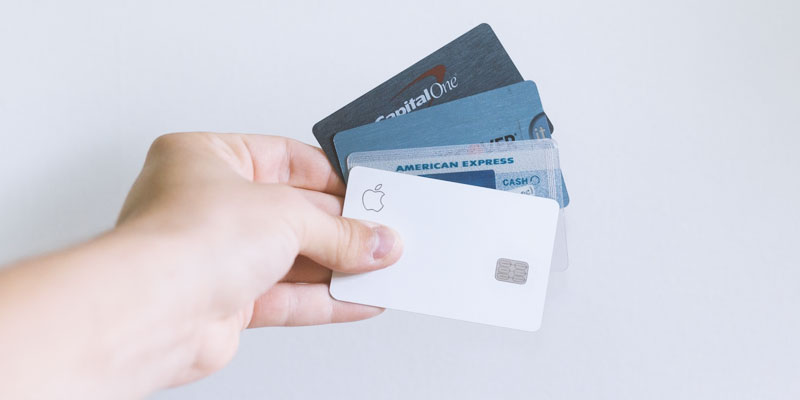If you’re applying for a new credit card or even a job, taking out a loan or buying a new vehicle or home, a credit check will most likely be conducted to determine your creditworthiness. This helps determine if you’re dependable and able to pay back money you borrow. There are two types of credit checks – hard and soft – so it’s important to know the difference between them and how they can impact your credit score, particularly if your credit is pulled numerous times within a short period of time.
Hard credit check
Hard credit checks are usually carried out by a financial institution or credit card issuer while checking your credit as part of their decision-making process on whether to lend you money, and you typically have to authorize them. They’re also commonly referred to as ‘hard pulls’ or ‘hard inquiries’.
Hard credit checks are usually performed when you’re applying for a:
- Mortgage
- Personal loan
- Automobile financing
- Credit card
- Student loan
- Rental agreement
A single hard inquiry could lower your credit score by a few points, but it’s unlikely to play a significant role in whether you’re approved for a new credit card or loan, including a mortgage. But, if your credit is bordering between good and not so great, every point counts. When this type of inquiry becomes more serious is if you’re applying for several credit cards within a short period of time or shopping for a mortgage on your own and having multiple lenders check your credit individually.
Multiple hard inquiries within a few weeks or months could lead lenders and credit card issuers to consider you a higher-risk borrower, as this action suggests you may be desperate for cash or preparing to build up a lot of debt.
Soft credit check
Soft credit checks are most likely to be carried out when a person or company looks into your credit as part of a background check, and you’re not often asked to offer consent. They’re also commonly referred to as ‘soft pulls’ or ‘soft inquiries’.
Soft credit checks are often completed when:
- Credit card issuers are looking to offer special promotions
- Potential employers are considering hiring you
- Checking your own credit
Soft inquiries won’t affect your credit score like hard ones could. And, since soft inquiries aren’t connected to a specific application for new credit, they’re only visible to you when you view your credit reports.
Have questions about credit checks and scores? Answers are a call or email away!

